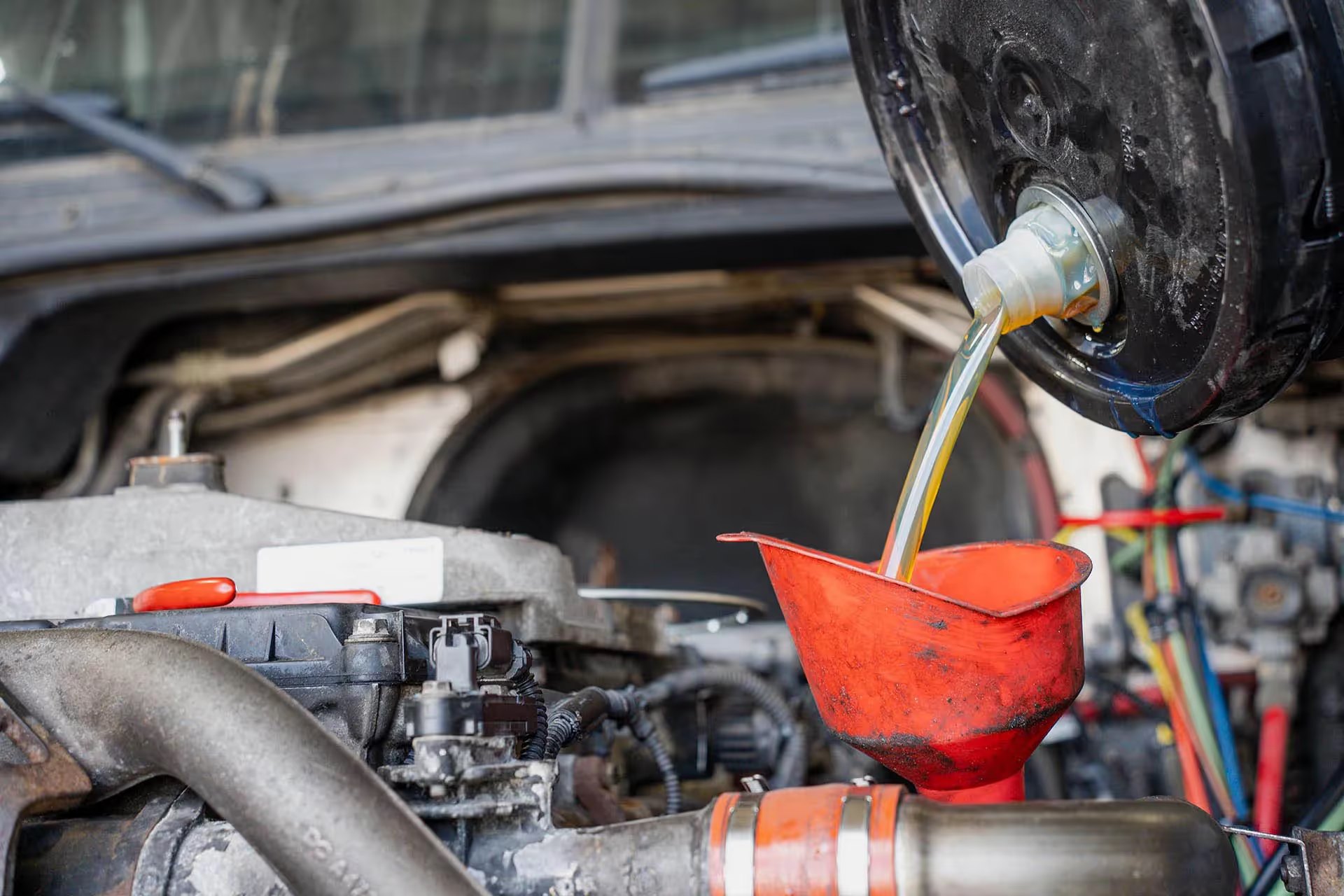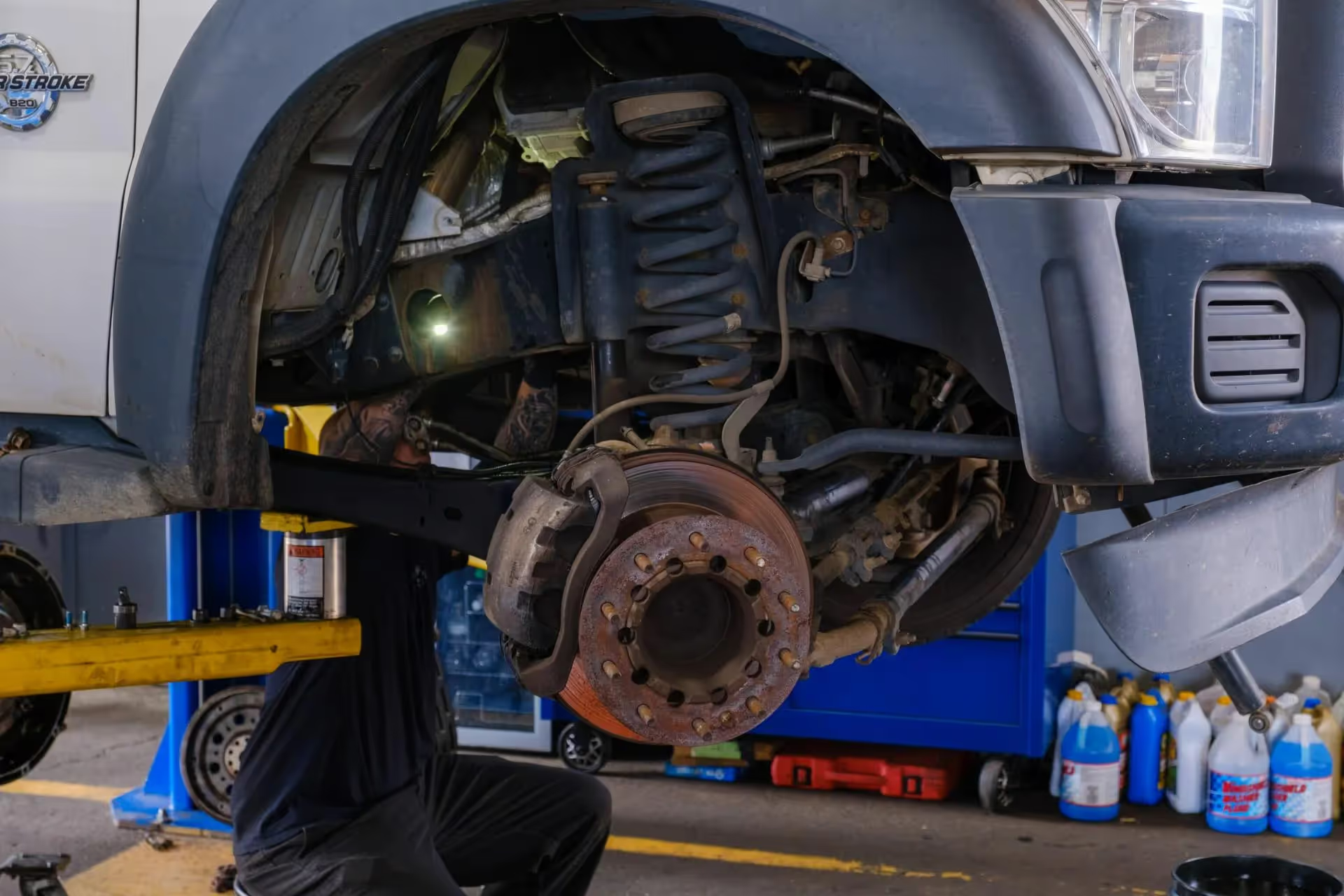Your coolant system is designed to pull heat from your engine and disperse it so your engine can operate at an adequate temperature. Using a series of coolant lines, your heavy-duty truck’s water pump pushes engine coolant through your engine block. This allows the coolant to absorb heat. It is then funneled into a radiator which then disperses the heat. Other coolant systems that do similar things include transmission coolers and oil coolers. Modern heavy-duty trucks typically have electronic cooling systems, but some older versions still have fan-clutch-based systems. Here at National Fleet Management, we work on both!
Common Causes of an Overheating Engine
Damaged Radiator Fan
One of the most common causes of an overheating engine is a damaged radiator fan. If your radiator fan breaks apart, your radiator loses its ability to disperse heat. This means the heat that was collected by your coolant is going to flow right back into your engine block, hence the overheating. Generally, radiator fans break when they come into contact with road debris. Many trucks have large grills to prevent this from happening, but it still occurs occasionally.
Coolant Leak
Another very common cause of an overheating engine is a coolant leak. If your cooling system is leaking, there won’t be enough coolant entering your engine block, therefore minimizing the amount of heat that can be absorbed. Coolant leaks can come from anywhere. Sometimes it's your coolant reservoir, whereas it could also be one of your coolant lines themselves. Coolant leaks are easy to identify. Check your coolant reservoir to see where the coolant level is at. It should be between the minimum and maximum indicators.
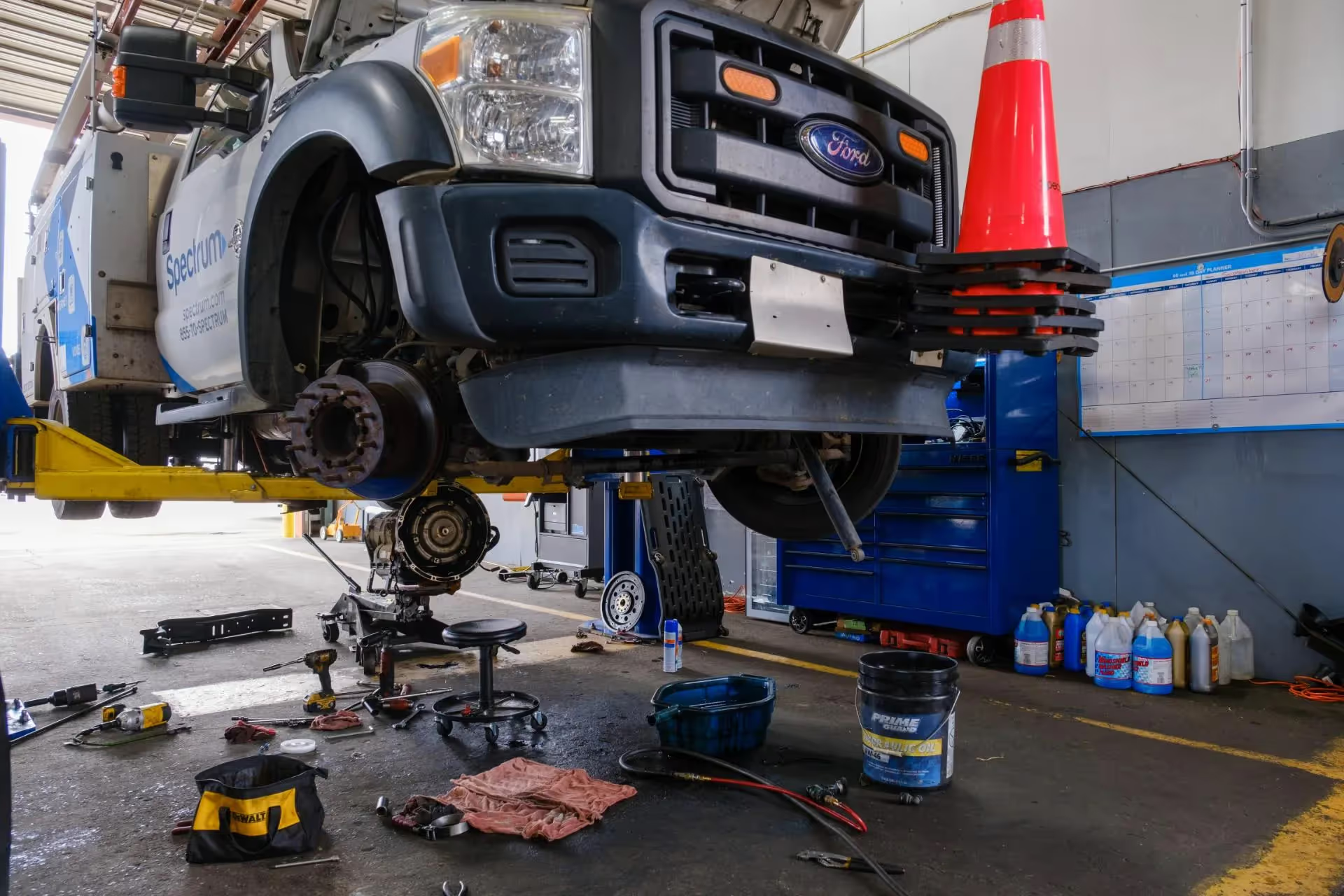

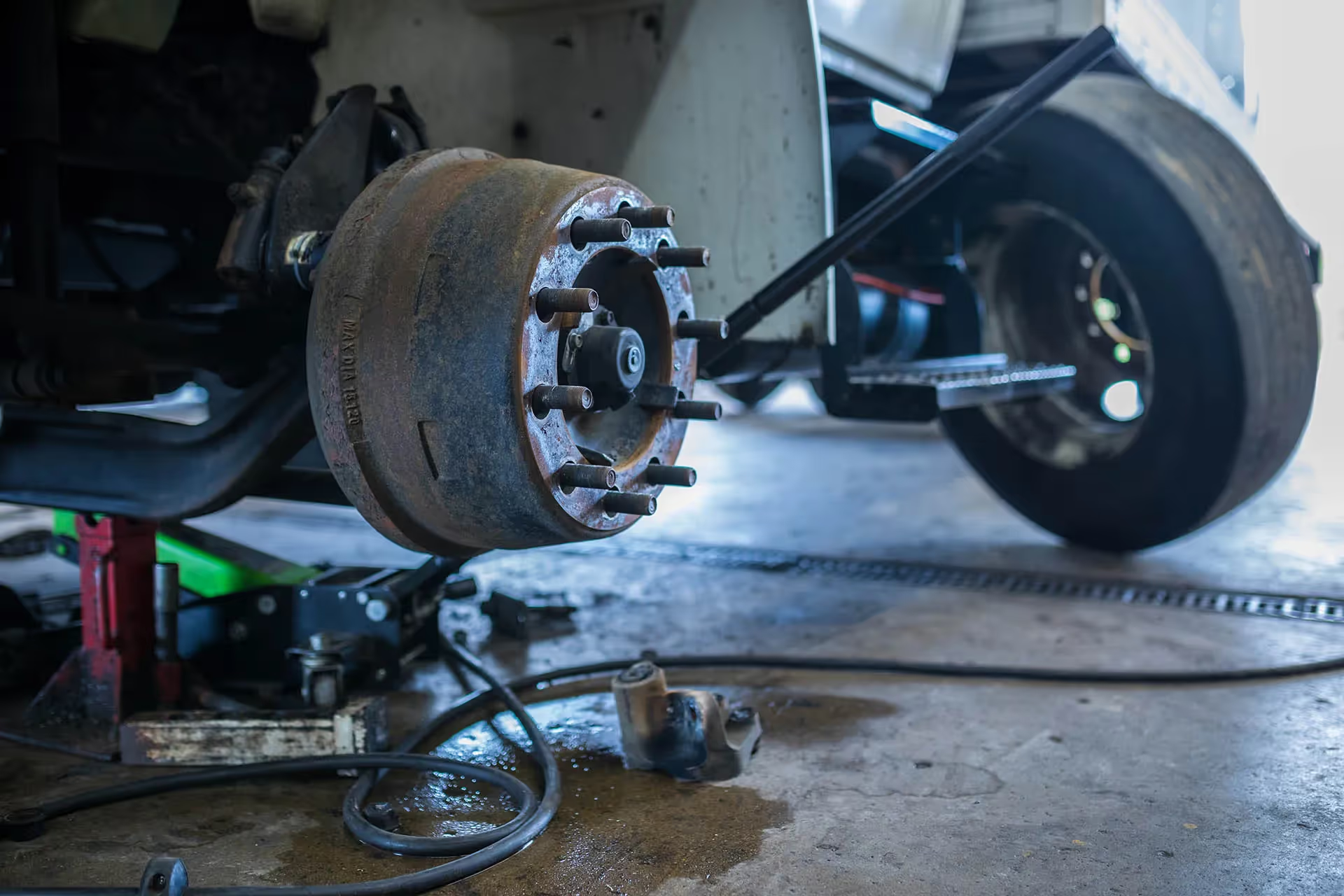
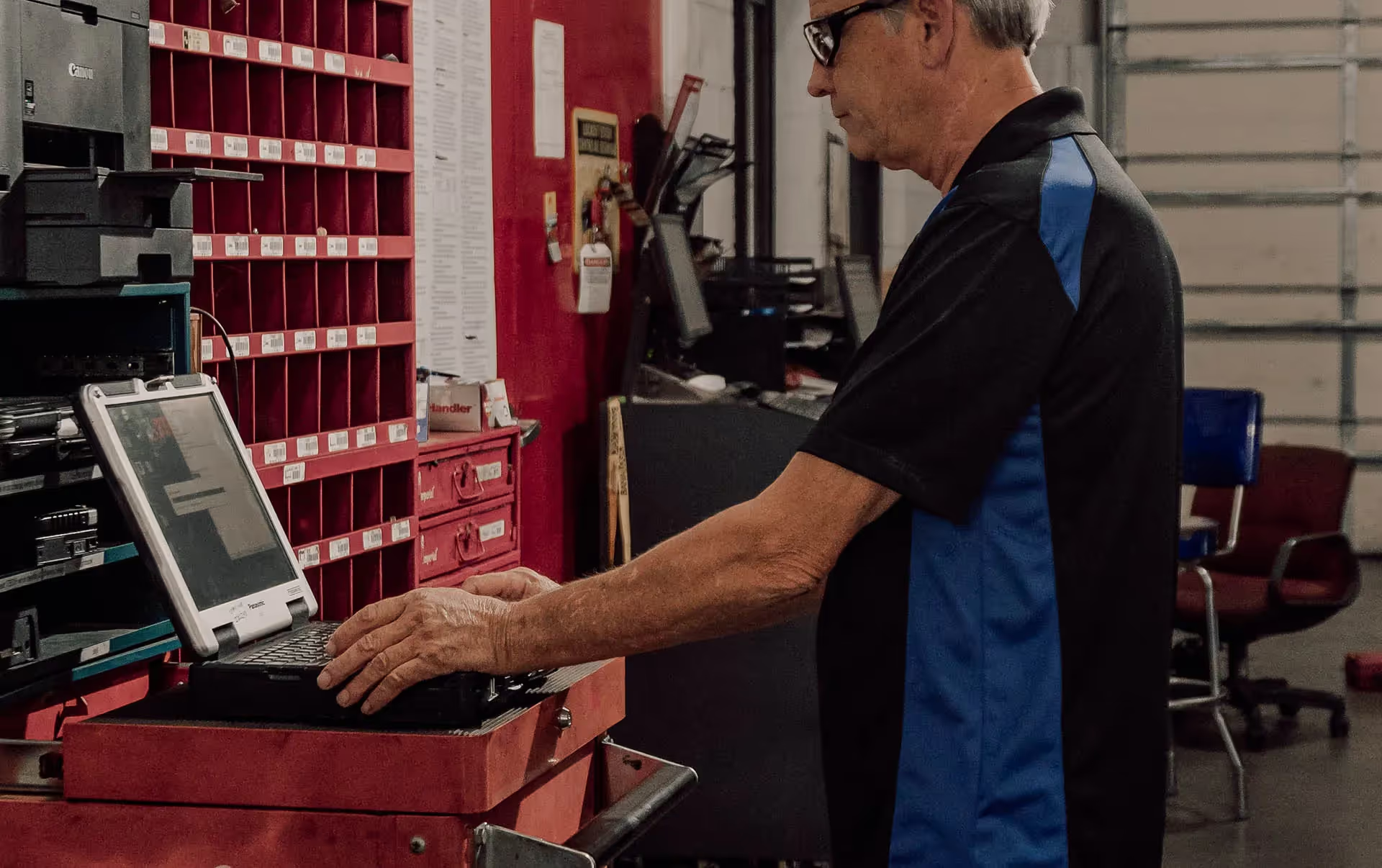
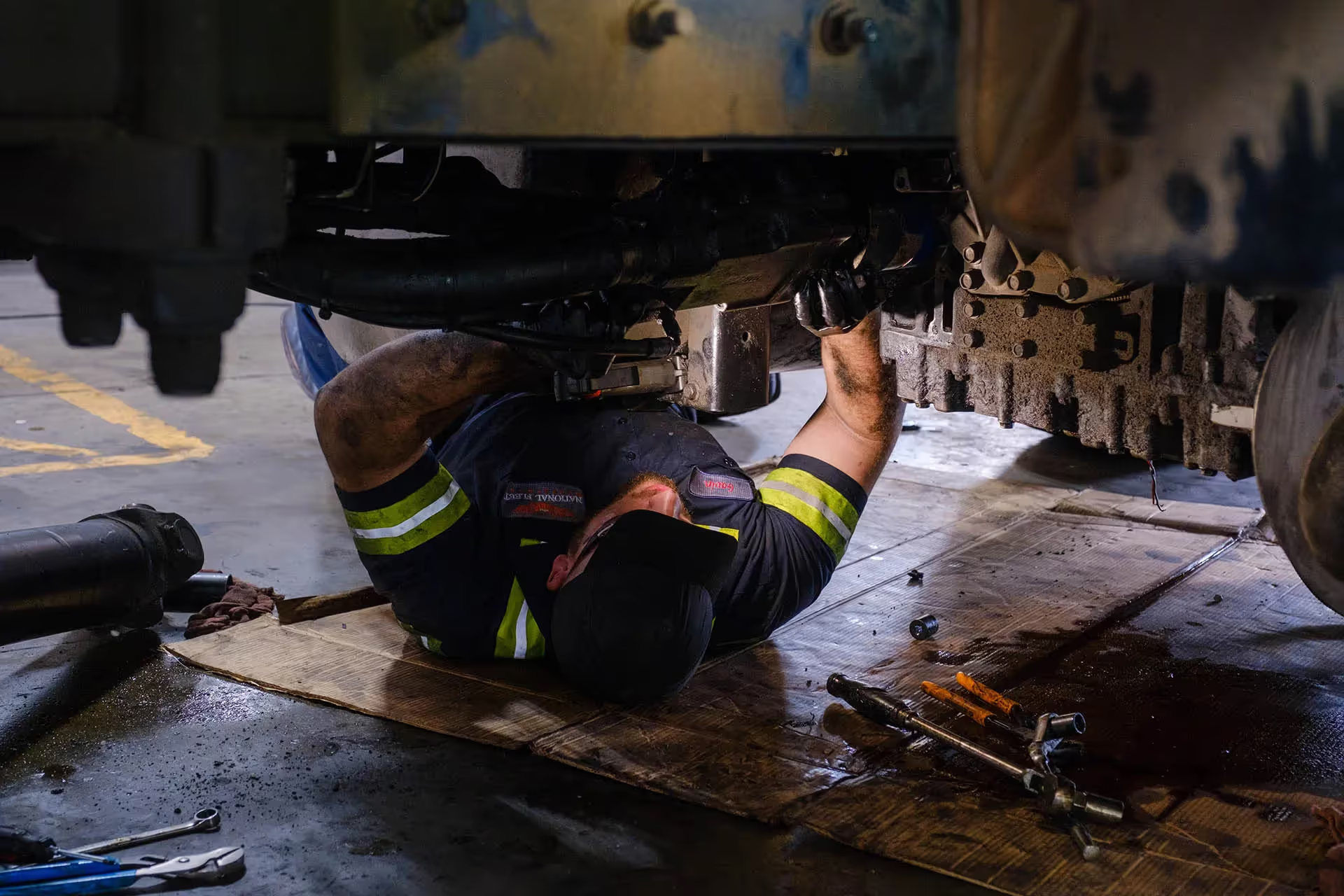
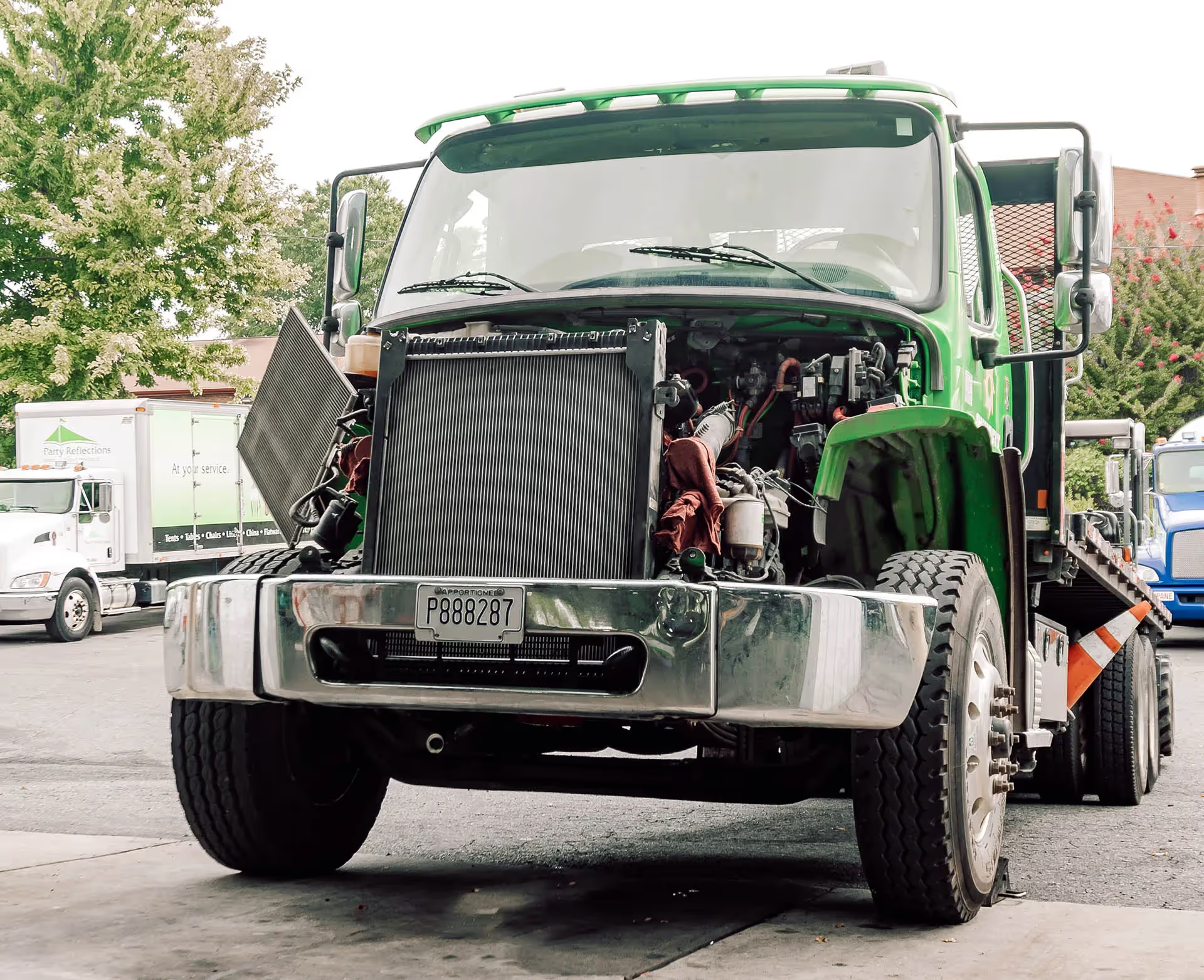
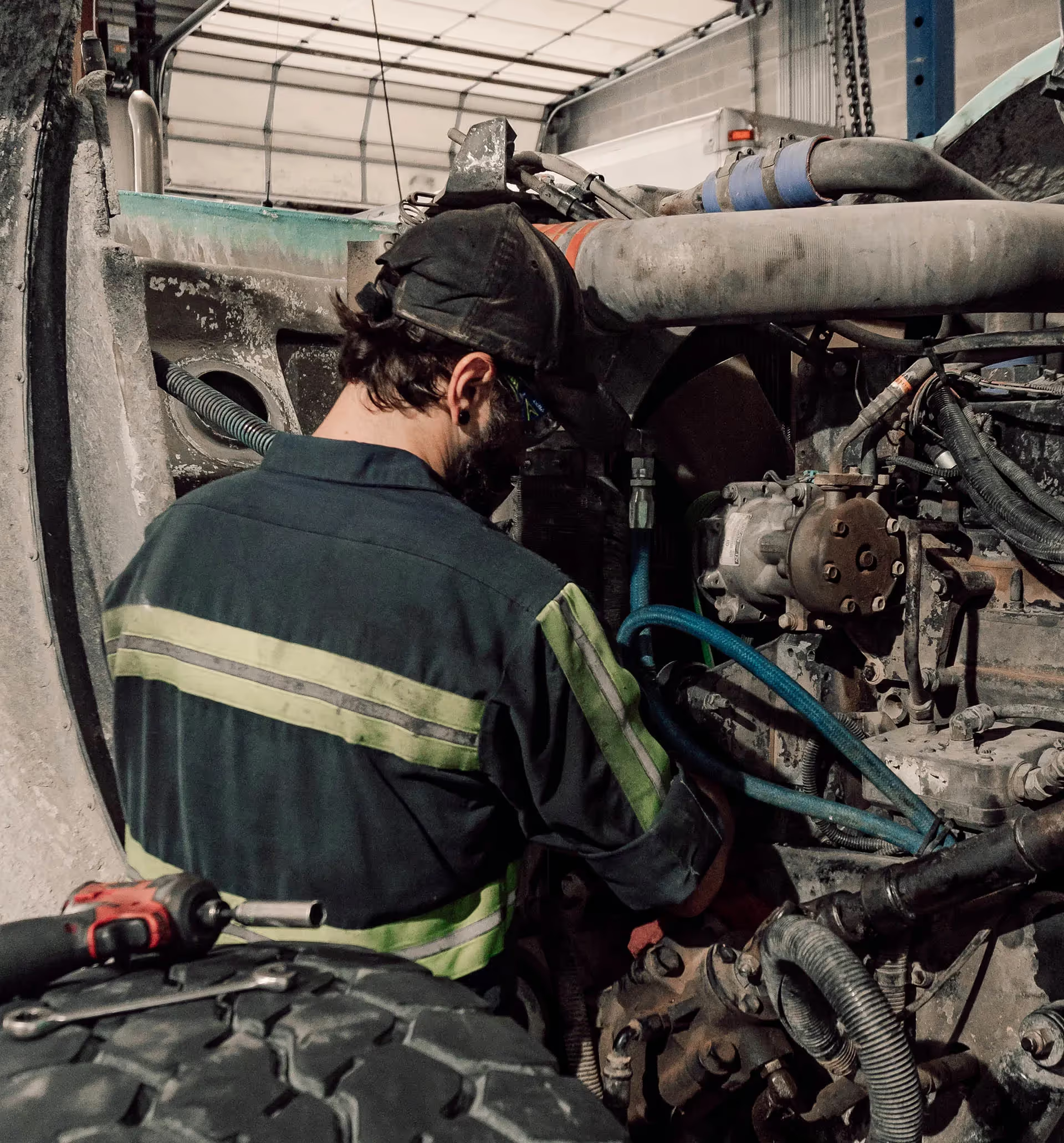
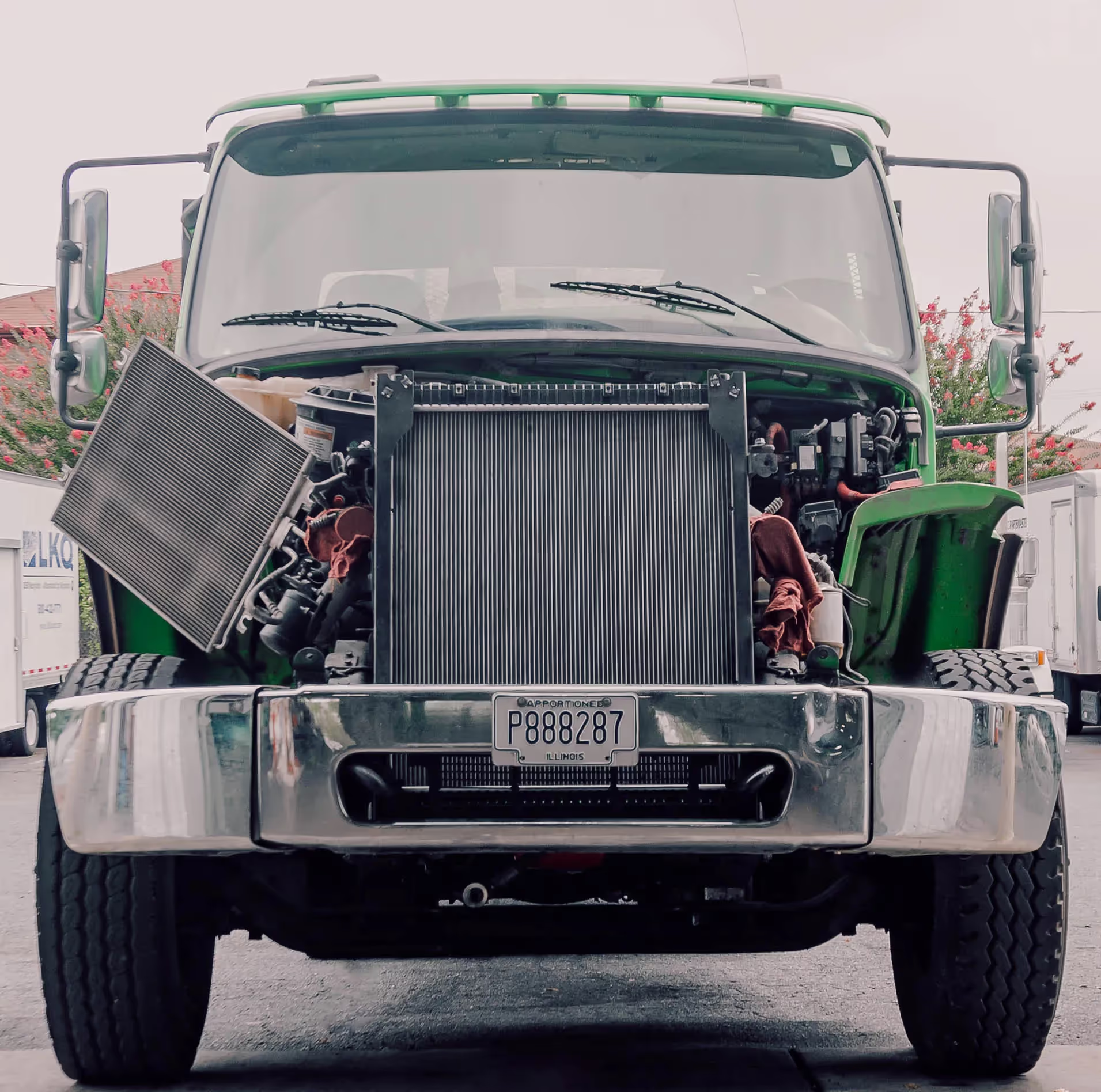
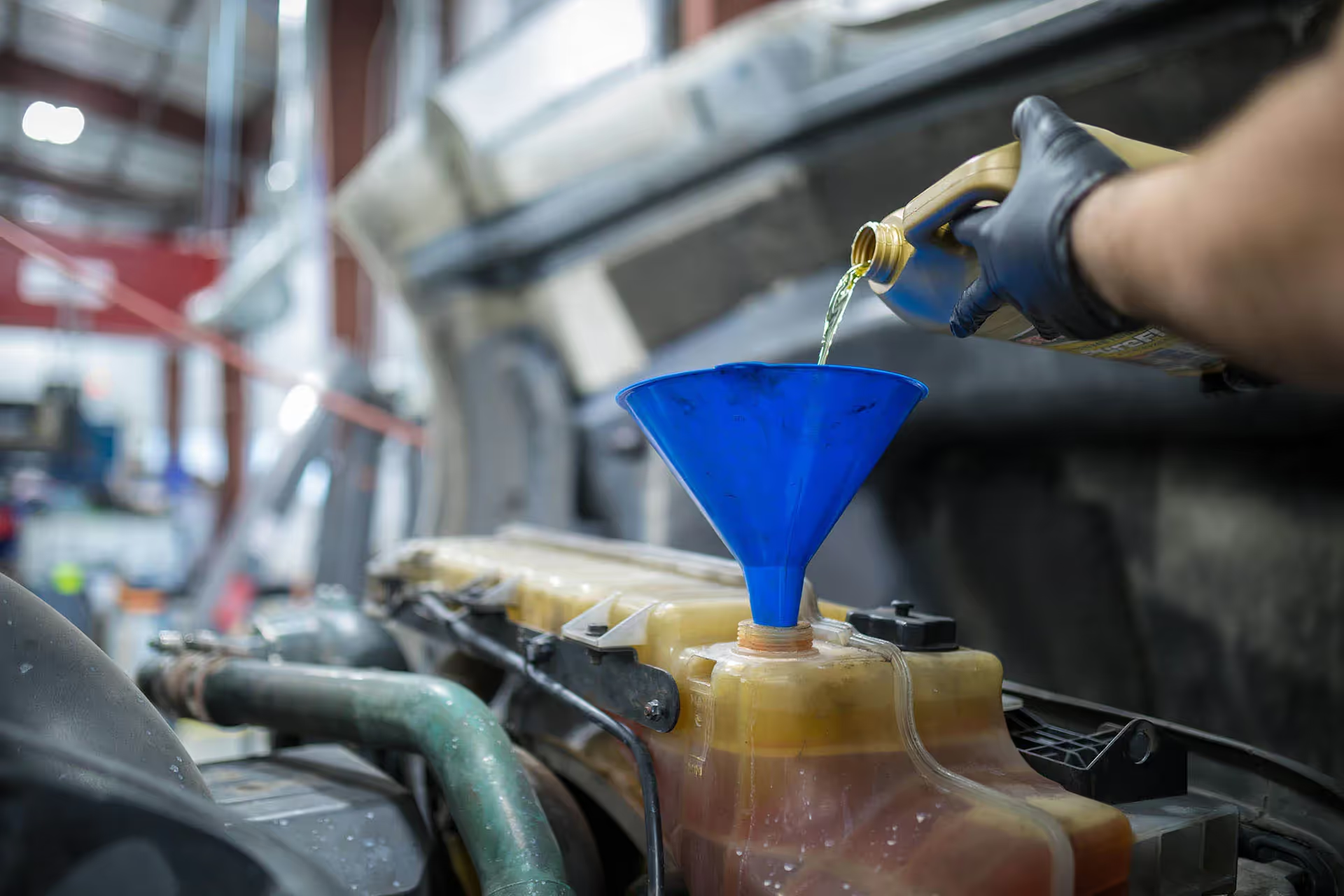
.avif)
